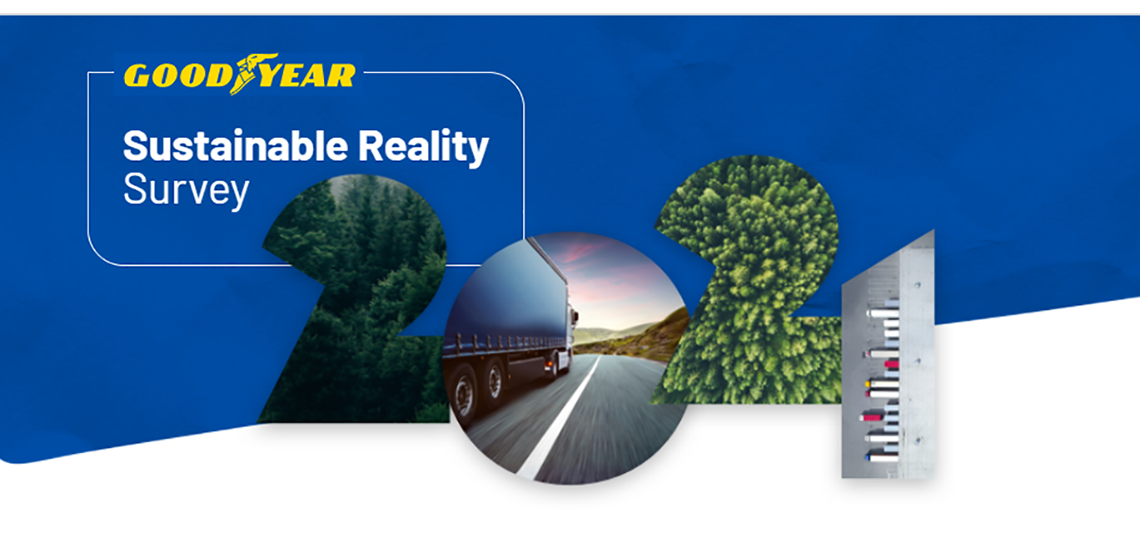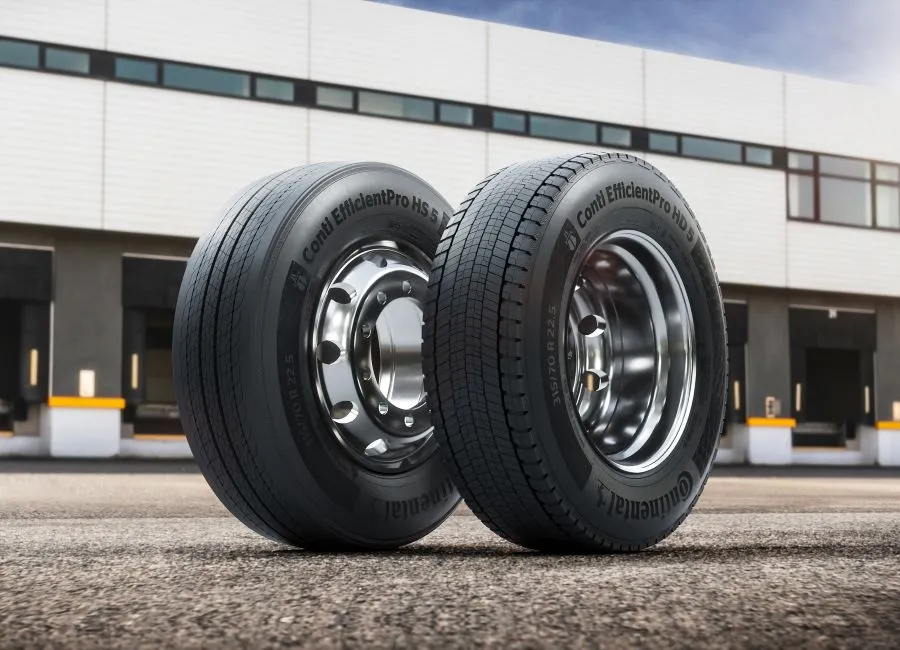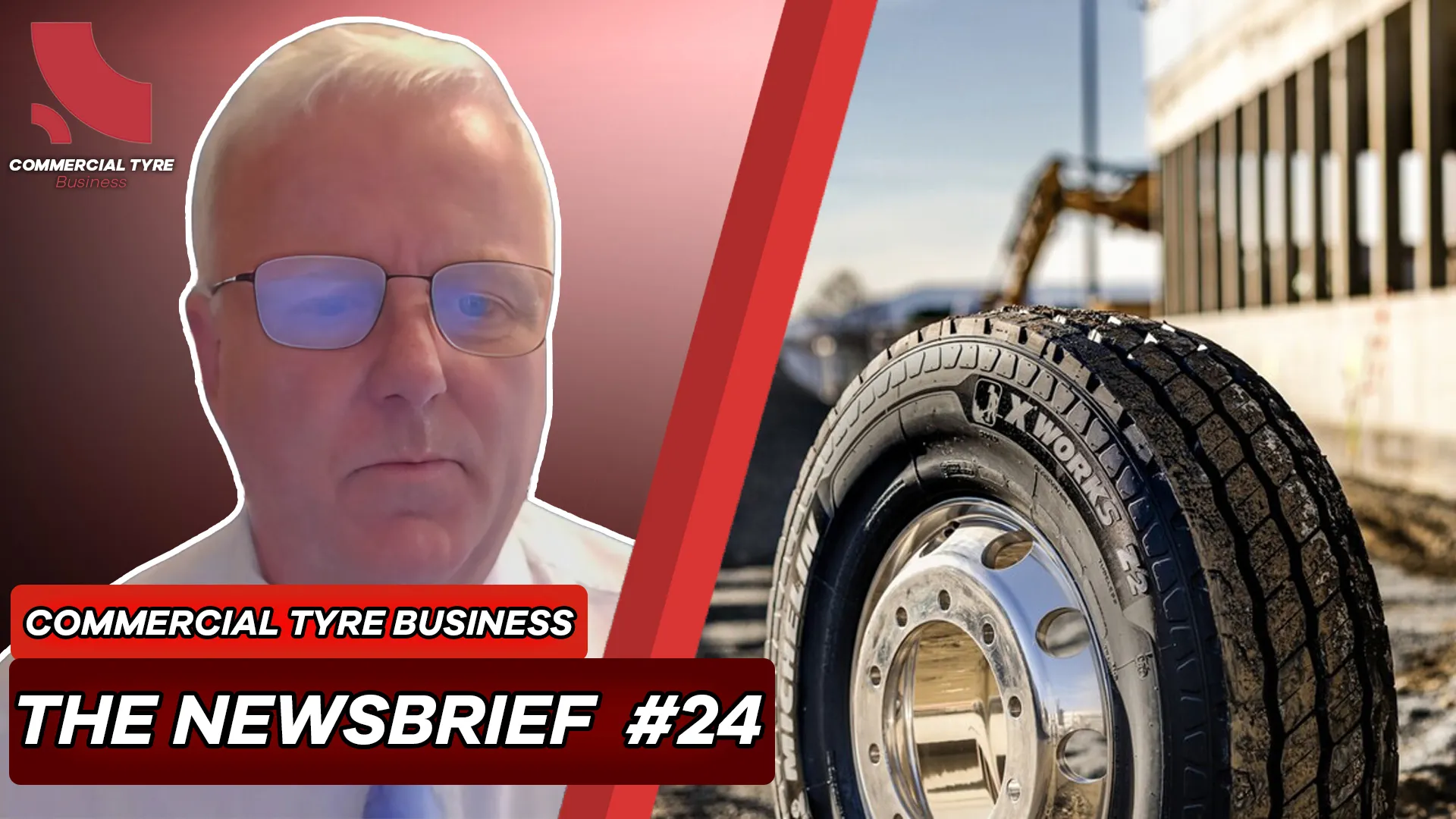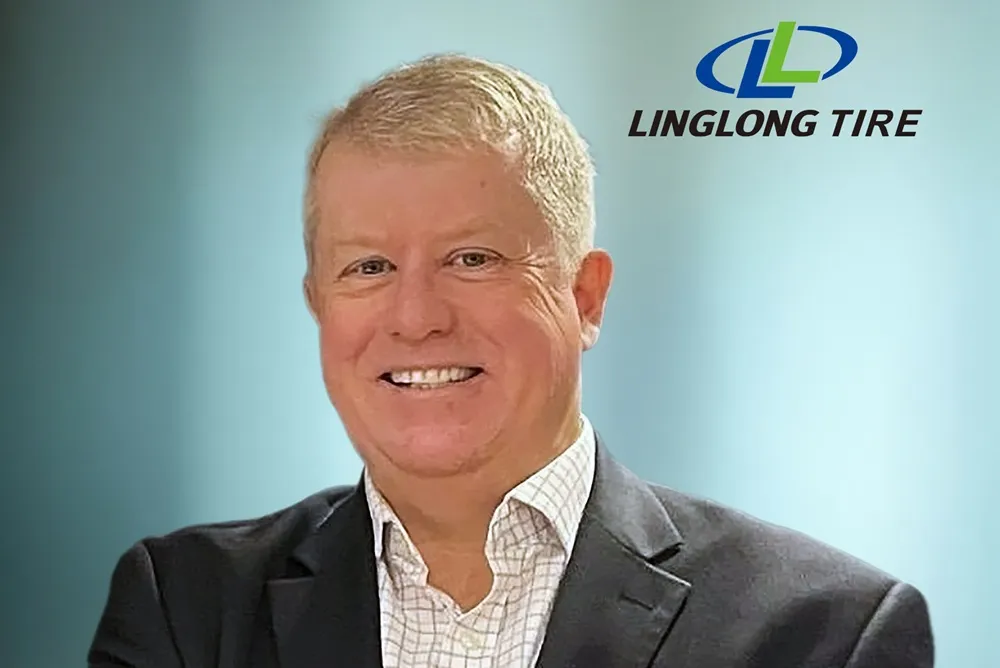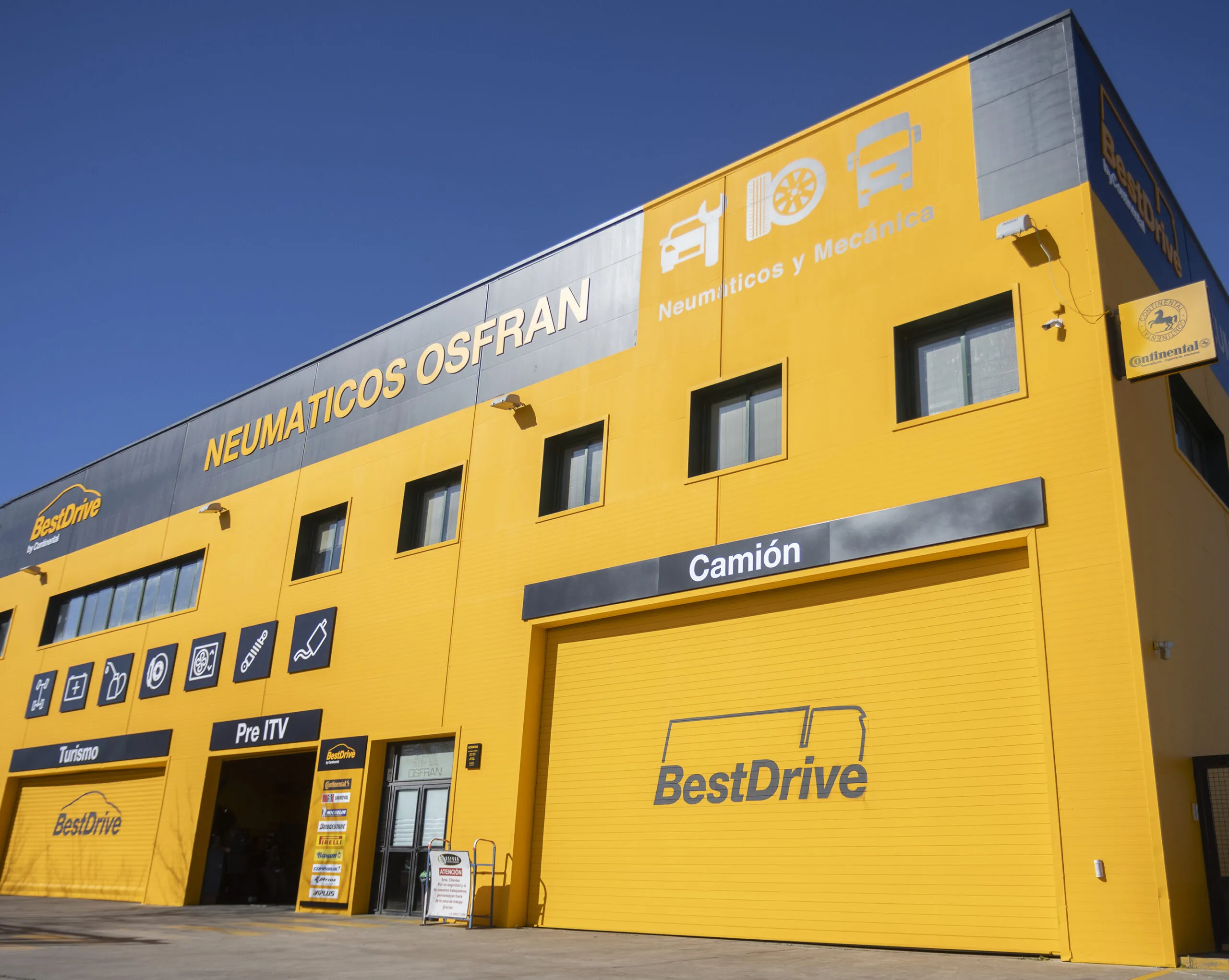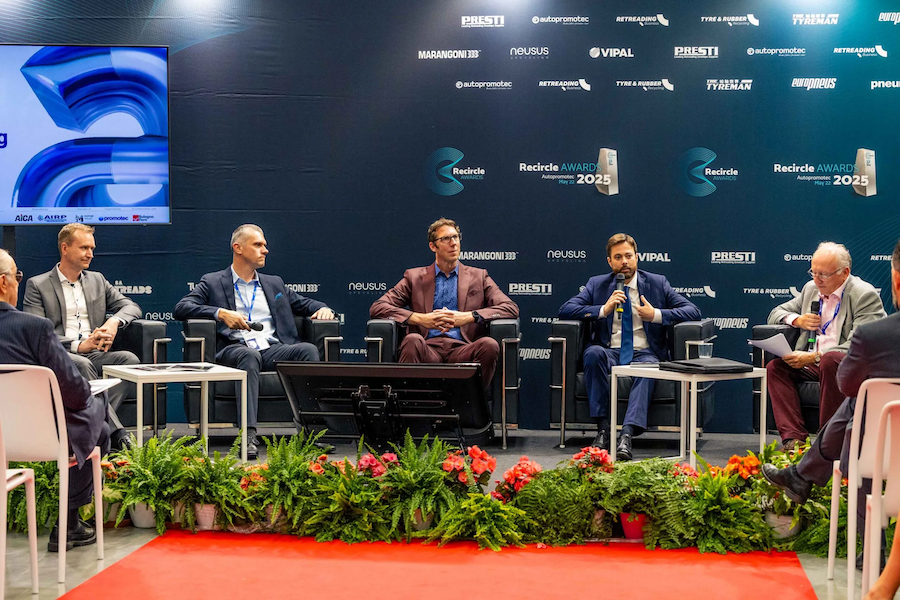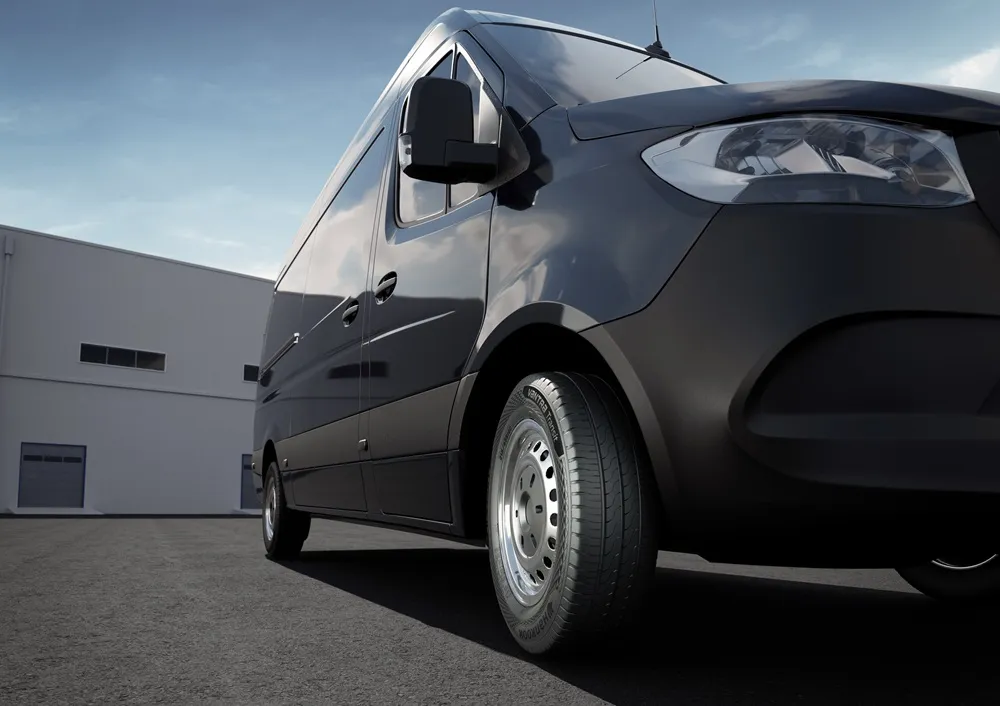In results unveiled by Goodyear, the move towards more sustainable practices is becoming more and more important for UK fleets, with 61% having sustainability objectives in place for their business operations.
Survey Shows Sustainability Now a Norm for Fleets Surveyed
With the results of Goodyear’s first Sustainable Reality Survey now live, the market is clearly thinking more about its impact on the environment. With 63% surveyed pursuing sustainable practices out of environmental concern – instead of operational or business purposes – the UK is moving towards more sustainabl...
Survey Shows Sustainability Now a Norm for Fleets Surveyed
With the results of Goodyear’s first Sustainable Reality Survey now live, the market is clearly thinking more about its impact on the environment. With 63% surveyed pursuing sustainable practices out of environmental concern – instead of operational or business purposes – the UK is moving towards more sustainabl...

